With V Foundation funding, Assistant Professor Quanyin Hu aims to improve a cancer-killing hydrogel to improve outcomes for pediatric GBM patients.
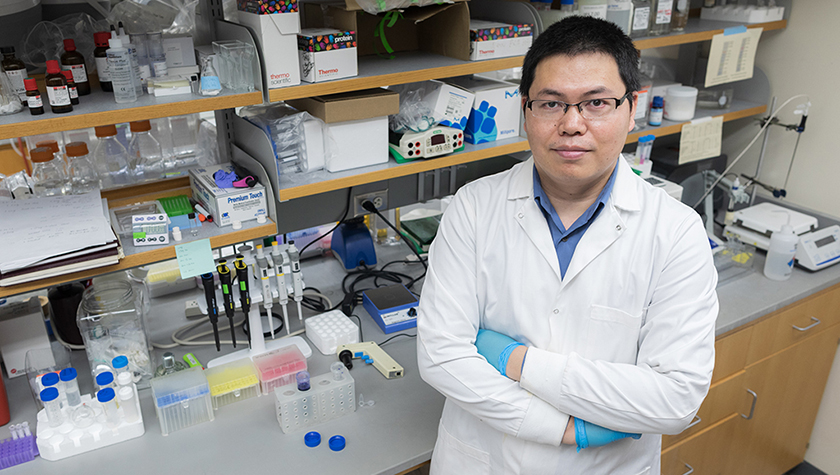

With V Foundation funding, Assistant Professor Quanyin Hu aims to improve a cancer-killing hydrogel to improve outcomes for pediatric GBM patients.
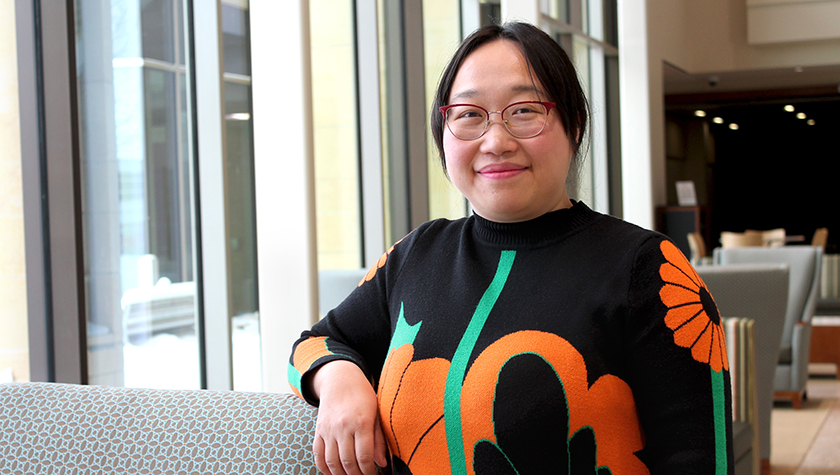
UW researchers find previously unknown links between microbial bile acids and the risk of colon cancer.
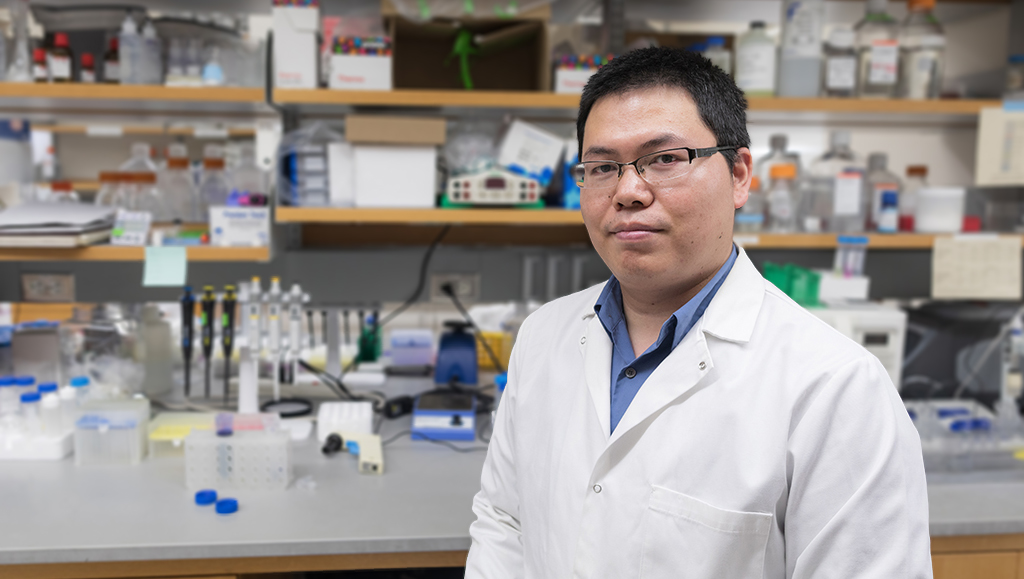
A cutting-edge platform developed by Assistant Professor Quanyin Hu uses protein-degrading platelets to suppress tumor regrowth and bolster immune response after surgery.

Groundbreaking research from School of Pharmacy faculty reveals alarming misuse of OTC medications by older adults and offers a simple solution.

Professors Timothy Bugni, Lingjun Li, and Weiping Tang have received UW–Madison grants to advance their innovative multidisciplinary research.
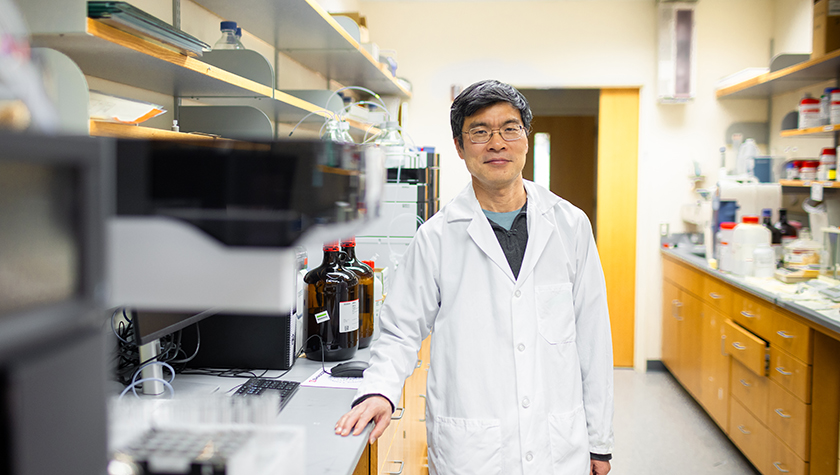
Professor Weiping Tang creates a new type of molecule to tag proteins on the surface of cancer cells for degradation.
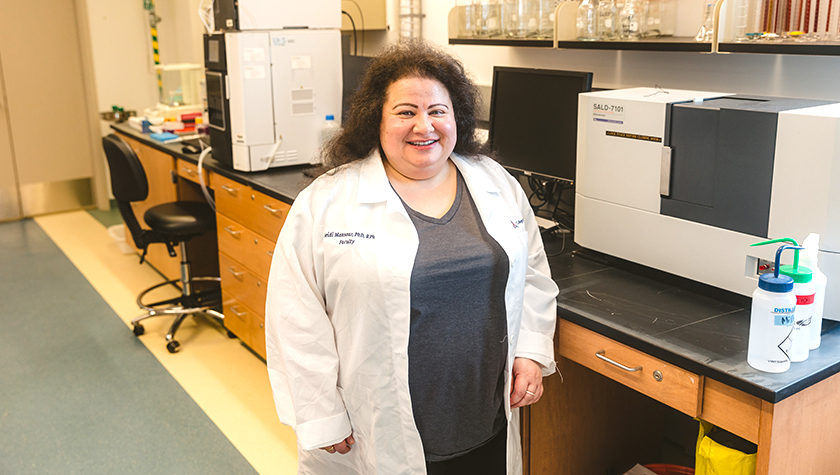
Alumna Heidi Mansour (BS ‘96, PhD ’03), member of the National Academy of Inventors, aims to revolutionize lung and brain drug delivery.
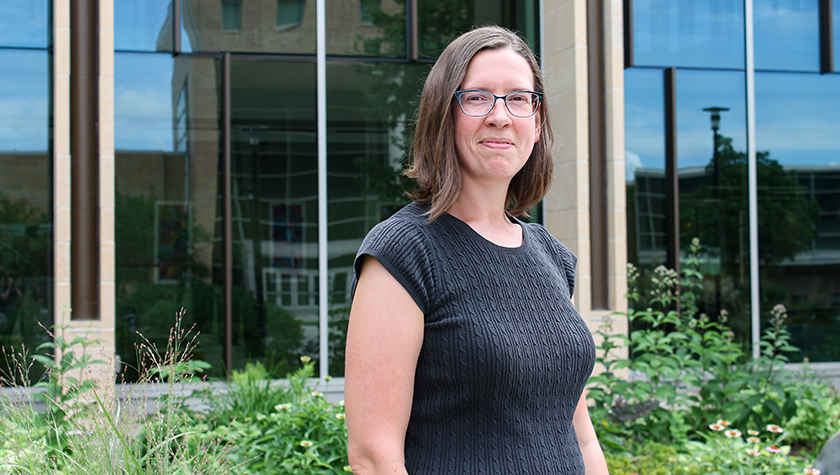
Through a National Institute of Justice grant, Assistant Professor Heather Barkholtz aims to tease out the toxicological difference between mirror-image meth isomers.
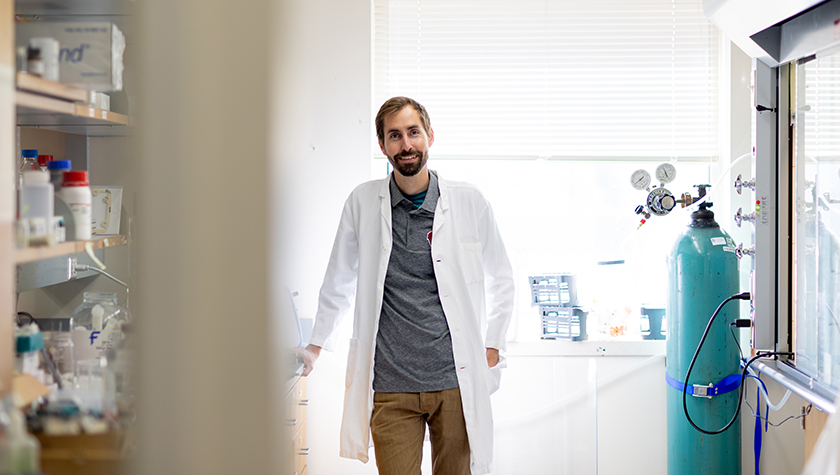
Listen to Associate Professor Cody Wenthur speak about the early stages of clinical trials using psilocybin and ketamine as treatments for challenging mental health conditions, as well as how the field is changing and growing.
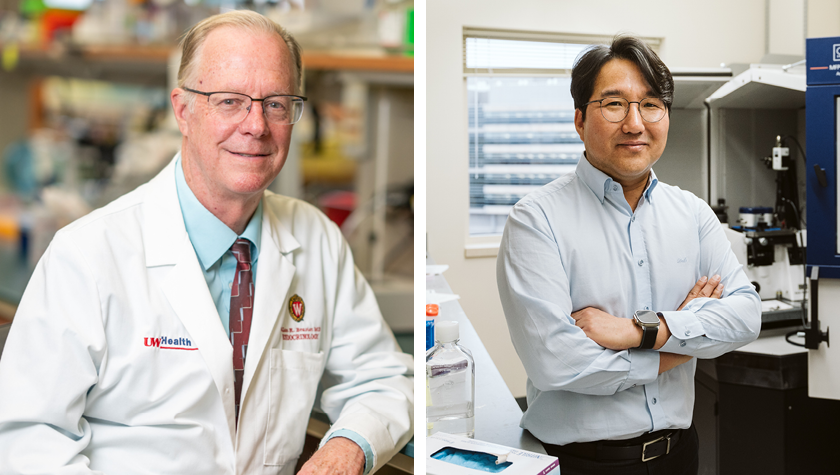
University of Wisconsin–Madison scientists are poised to gain a better understanding of how to treat a progressive scarring disease of the lungs that kills an estimated 40,000 people every year in the United States.